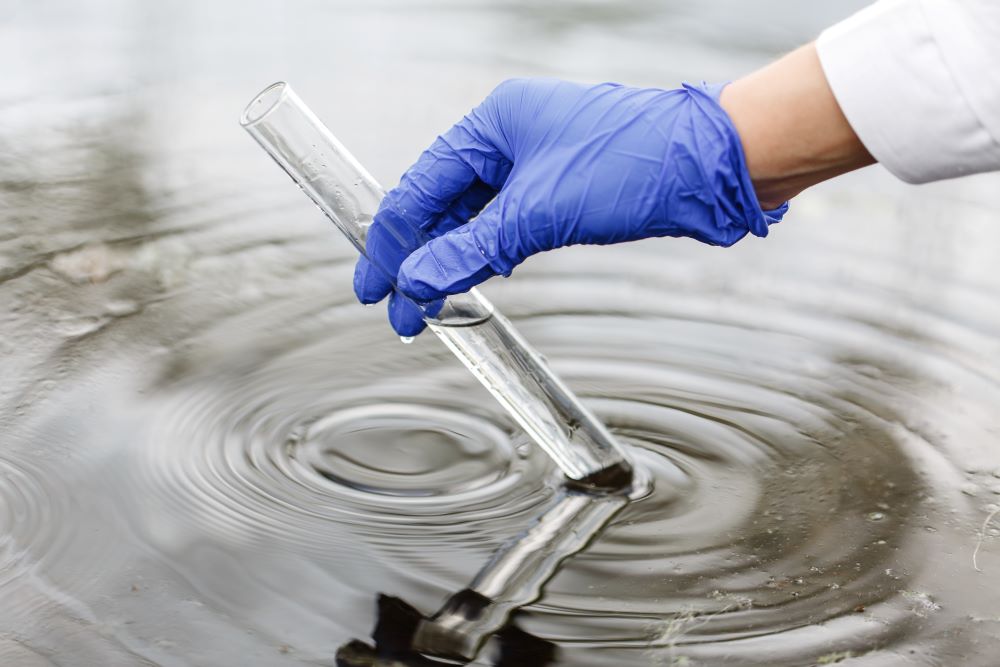Military members and their families were exposed to dangerous, toxic water at Camp Lejeune in Jacksonville, North Carolina, for many years. On August 10th, 2022, President Joe Biden signed the Camp Lejeune Justice Act—a bill designed to provide a path to justice and compensation for affected individuals and their families.
This raises an important question: What illnesses are covered in Camp Lejeune’s toxic water claims? The answer is that the government has created a list of “presumptive conditions”—though other diseases may also be covered. Here, our Camp Lejeune water contamination lawyers provide an in-depth overview of the medical conditions covered by the Camp Lejeune Justice Act.
Background: Toxic Water at Camp Lejeune Harmed People (1953 through 1987)
It is essential to understand why the Camp Lejeune Justice Act became law. For decades, military members, their families, and other people at the military base in North Carolina were exposed to contaminated water. The Agency for Toxic Substances and Disease Registry (ATSDR) estimates that as many as one million military members, civilian staff, and their families may have been impacted.
The Camp Lejeune Justice Act covers the period between August 1st, 1953, and December 31st, 1987. During that time, there was toxic water present at Camp Lejeune. Any person—military member or civilian—who was at Camp Lejeune for at least 30 days during this time period has a right to file a claim for compensation if they developed a compensable illness because of the toxic water.
Know the Illnesses Covered By the Camp Lejeune Justice Act (Presumptive Conditions)
Qualifying for compensation through a Camp Lejeune Justice Act is a multi-step process. To start, you need to prove that you (or your deceased loved one) were at the military base for at least 30 days between 1953 and 1987. Additionally, you must establish that the toxic water at Camp Lejeune caused an illness. One of the most important things to know about the law is that the Department of Veterans Affairs (VA) has announced a list of “presumptive conditions” for Camp Lejeune’s toxic water claims. The following conditions are presumed to be caused by toxic water:
- Adult leukemia
- Aplastic anemia and other myelodysplastic syndromes
- Bladder cancer
- Kidney cancer
- Liver cancer
- Multiple myeloma
- Non-Hodgkin’s lymphoma
- Parkinson’s disease
Why do the presumptive conditions rule matter? It makes it easier for individuals who developed any of the aforementioned medical conditions to receive compensation. The government will essentially “presume” that these conditions were caused by the contaminated water so long as the applicant was at the facility for at least 30 days between 1953 and 1987.
Other Medical Conditions May Also Be Covered—But Proving Causation is Challenging
You can still file for Camp Lejeune toxic water compensation without a presumptive condition. Specifically, the Government has established a list of other diseases which may be compensable but which are not presumed to have been caused by contaminated water. In such a case, you will need to prove that you developed an illness/medical condition that was caused by the contaminated water.
The core challenge with non-presumptive condition claims is that they will require extensive evidence that proves that the illness/impairment was “service-connected.” The government will not assume that a non-presumptive condition was caused by the toxic water at Camp Lejeune. It will be up to the individual applicant to make a strong and compelling case that it is more likely than not that their medical condition happened because of the toxic water.
A Strict Two-Year Statute of Limitations (Any Claim Must Be Filed By August 10th, 2024)
By law, Camp Lejeune’s toxic water claims are subject to a two-year statute of limitations. In other words, any claim for compensation under the Camp Lejeune Justice Act must be initiated within two years of the date the bill was signed into law. On August 10th, 2024, the window to bring a Camp Lejeune water contamination claim will close. Be sure to get started with your case: Consult with a North Carolina Camp Lejeune toxic water lawyer as soon as possible.
Contact Our North Carolina Camp Lejeune Justice Act Attorneys for Help
At Paynter Law, our North Carolina Camp Lejeune water contamination attorneys are standing by, ready to protect your rights. If you have any specific questions or concerns about the illnesses that are covered by the Camp Lejeune Justice Act, we are here as a resource. Give us a phone call now or connect us online to set up a no-cost, no-obligation initial legal consultation. We handle Camp Lejeune’s toxic water claims in North Carolina and beyond.

